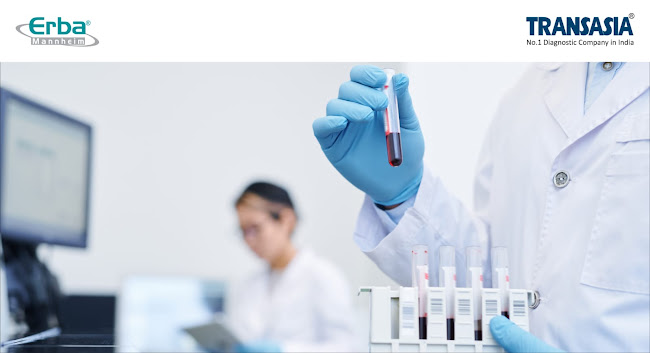Importance of Controls and Calibrators in a clinical analysis laboratory

Clinical analysis laboratories are a fundamental part of a health unit, as they directly contribute to the medical team to deliver reliable results for prevention, diagnosis, treatment and management of patients' diseases. The participation of a laboratory in the diagnosis is a process initiated from the pre-analytical phase. This involves preparation of the patient, collection and transport of the material to the laboratory unit; analytical phase, which begins with the processing of collected samples, according to the reliable results of its internal quality control (CIQ), verification of reagents and instruments, and finally the post-analytical phase, which consists of releasing the final report. Quality Control program The results of the CIQ (Internal Quality Control), expressed in biochemistry equipment, for example, need to be evaluated daily, to analyze the performance of the analytical system. However, in order not to have an examination result with an unacc...